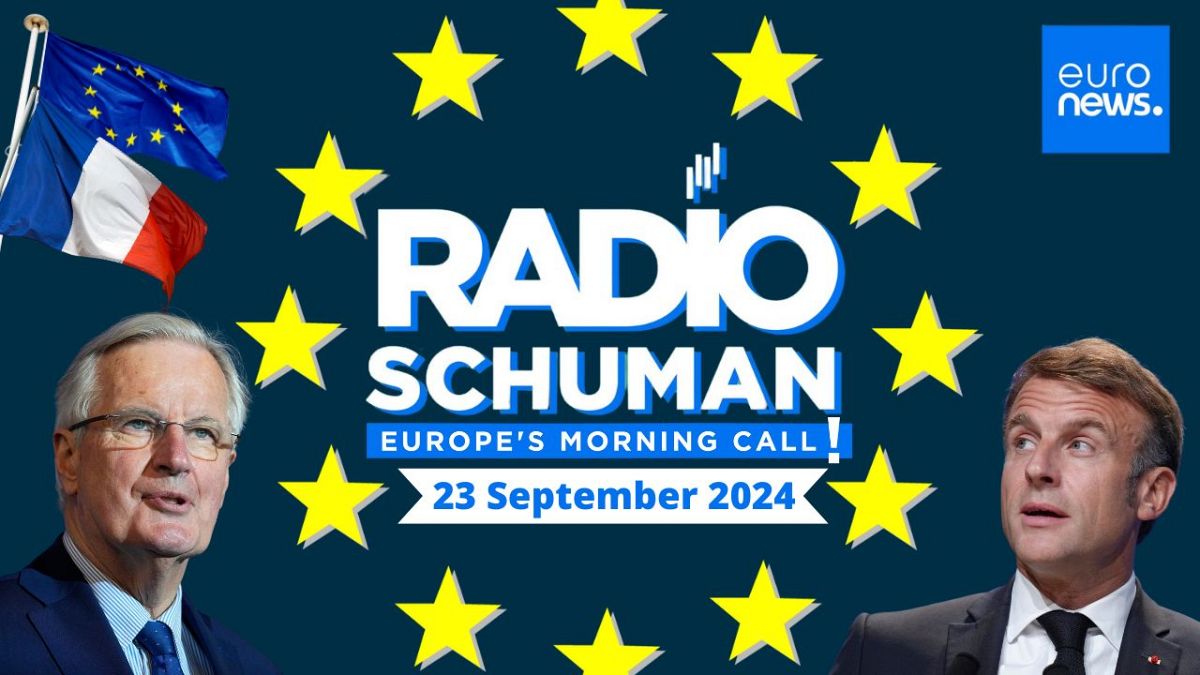France’s new government, led by Prime Minister Michel Barnier, has taken a sharp shift to the right after weeks of tough negotiations. The cabinet is dominated by conservatives and centrists from President Emmanuel Macron’s Renaissance party, marking a significant change in direction for the country. One of the most controversial appointments is Bruno Retailleau as interior minister, a staunch conservative with conservative views on social issues such as same-sex marriage and abortion rights. Barnier faced the challenging task of assembling this cabinet after elections left the French National Assembly without a clear majority.
This new government’s shift to the right has raised questions about what it will mean for France’s relationship with Brussels. To shed light on this topic, Radio Schuman spoke with Euronews’ French reporter in Brussels, Gregoire Lory. Lory offered insights into how the new government may impact France’s stance on key European issues and its relations with the EU. Additionally, the show provided a quick overview of the day’s agenda in Brussels, highlighting important events to watch out for. The discussion also touched on Instagram’s new restrictions aimed at protecting minors on the platform.
Prime Minister Michel Barnier’s unveiling of France’s new government signals a significant departure from the previous administration’s policies. The dominance of conservatives and centrists in the cabinet reflects a shift towards right-wing ideologies under President Emmanuel Macron’s leadership. Among the appointments that have sparked controversy is Bruno Retailleau as interior minister, known for his conservative stance on social issues. With the French National Assembly lacking a clear majority, Barnier faced challenges in forming a cohesive cabinet that could effectively govern the country.
The implications of France’s new government on its relationship with Brussels have sparked curiosity and speculation. Radio Schuman’s discussion with Euronews’ Gregoire Lory shed light on how the government’s rightward shift might impact its interactions with the European Union. The show also provided a snapshot of the day’s agenda in Brussels, offering a glimpse into the key events shaping the political landscape in the EU. The conversation delved into Instagram’s efforts to safeguard minors on its platform, highlighting the importance of online safety measures in today’s digital age.
As France’s new government settles into its role, it faces the challenge of navigating domestic and international dynamics. The cabinet’s conservative makeup suggests a departure from the more liberal policies of the past, raising questions about the direction in which the country is headed. With key appointments drawing criticism and praise alike, Prime Minister Michel Barnier’s leadership will be closely scrutinized in the coming months. The government’s approach to crucial issues, both at home and in the EU, will shape its legacy and influence its standing on the global stage.
The unveiling of France’s new government under Prime Minister Michel Barnier has marked a dramatic shift towards right-wing ideologies, reshaping the country’s political landscape. With a cabinet dominated by conservatives and centrists, President Emmanuel Macron’s leadership has taken a noticeable turn, sparking debate and discussion. Controversial appointments, such as Bruno Retailleau as interior minister, underscore the government’s conservative stance on social issues. As the new administration grapples with forming policies and navigating challenges, its impact on France’s relationship with the EU and global dynamics remains a topic of intrigue and speculation.










